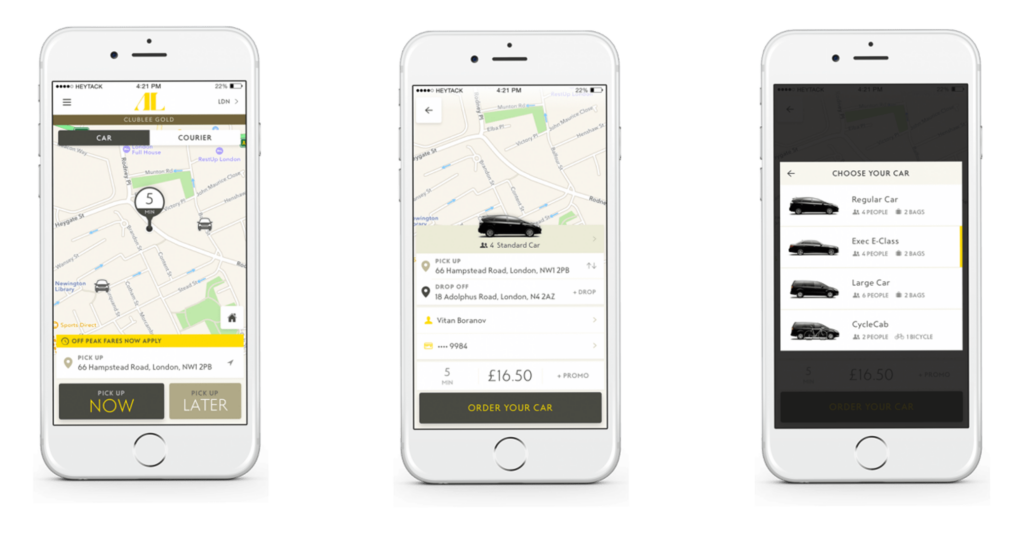Lockdown has brought mobile technology to the forefront of our digital lives. Ofcom’s latest Online Nation report found that four-fifths of our time spent online is through mobile as take-up of connected devices grows.
The era of mobile-first indexing has begun as mobile devices account for 81% of the time spent on shopping sites while, more generally, global online revenue grew by 17% in 2019.
In a fast-paced society, where the modern, interconnected consumer needs quick and easy solutions through the latest technology, now more than ever, businesses will require multi-experience development platforms. But, is your business adapting to a changing world?
In a post-lockdown world, where physical commerce becomes even more difficult, apps will become the first port of call for potential clients engaging with your business, if that’s not already the case. Around 70% of organic traffic to a website comes via mobile. Digital is the shop window to your products and services, meaning a fully responsive website – both for mobile and desktop – is also essential.
Computers used to occupy entire buildings. Now, they’re so small that they fit inside the palm of your hand. Most importantly, these amazing gadgets are incredibly accessible. Almost everyone now has access to either a desktop computer, a laptop, a tablet, a smartphone, a smartwatch, or smart home tech, a remarkable change from even a decade ago.
Even when people think they have a handle on top-tier apps, innovative upstarts have arrived with ambitions to become the next household names.
Some of the fastest-growing services during the coronavirus crisis are not owned by Google, Apple, Facebook, Amazon and Microsoft, but by the next breed of tech giants. Examples of app innovation include TikTok, run by Chinese tech company Bytedance, and Houseparty from Epic Games. Another is Zoom, run by former Cisco Webex engineer Eric Yuan, which reached 13 million adult internet users in April 2020, up from 659,000 in January.
The bridge between you and your clients
So, what are the lessons for your business? It’s clear that mobile devices have become the sales agents of the present. People use them to find solutions for their problems. And they use them a lot.
Mobile platforms are the bridge between your business and your clients. The expectation is for apps – which often house personal client data – to be the most relevant and up-to-date source of information on a business and your engagement with them. Times have changed, and we must adapt to this “new normal”, that’s why it doesn’t make sense anymore to send people to a desktop-only website when most users are on their mobile device.
We at Zenitech understand the importance of a multi-experience development platform; maximising that often small window of opportunity you have to deliver client satisfaction in simple, easy-to-use technology that immediately delivers.
As people become more dependent on technology, it’s safe to say that those businesses that refuse to invest in mobile transformation will quickly fall behind their competitors.
Whether a small firm or a multinational behemoth, we at Zenitech are strong believers that a reliable, fast, user-friendly app can both protect and boost your business. We have a proven history of partnering with businesses to achieve digital transformation through mobile tech, both quickly and with cost efficiency.
How can Zenitech help?
Take for example Addison Lee, London’s most trusted car service which operates a fleet of 4,000 vehicles with annual revenues over £900m.
In the ultra-competitive private car hire market, which has expanded markedly in recent years with new entrants, Addison Lee sought to stay one step ahead of the competition through business innovation.

Recognising that it was still reliant on expensive and inefficient solutions coupled with legacy infrastructure, the business approached Zenitech. After analysis, we offered a case centered approach around a three-phase approach.
Phase 1 included steps such as iOS and Android integration, user experience focused app redesign, and creating a simplified booking journey. In phase 2, our focus was on areas such as touch ID and face recognition, and simplified payments. Phase 3 included improvements at a functionality level, such as location switch and marketing entry points.
Zenitech took on the business’ mobile estate and, as a result, Addison Lee experienced a 30% reduction in overall costs through effective, agile and more transparent development operations. With a leaner delivery process, the app succeeded to provide its customers with a mobile-first user interface and with front-of-mind services that will be available at any time.
In a more interconnected world, the importance of the mobile device will grow even faster. Even if you already have mobile apps for your business, can you be sure they are future-proof? In partnering with a business like Zenitech, we can be sure your business is at the vanguard of change.



